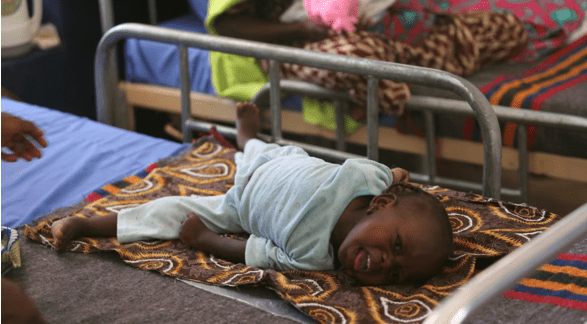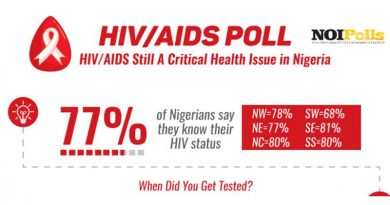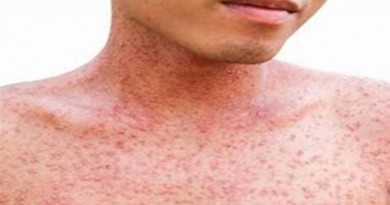Another outbreak of cerebrospinal meningitis reported in Nigeria
Nigeria is once again grappling with an outbreak of cerebrospinal meningitis strain C. While medical interventions are crucial, it is equally important to engage with grassroots communities to protect public health.
To address this, the World Health Organization (WHO) partnered with the Yobe State Government to involve local leaders and encourage grassroots participation in raising awareness and containing the outbreak.
Meningitis is a severe infection that causes inflammation of the membranes surrounding and protecting the brain and spinal cord. It spreads from person to person through respiratory or throat secretions. In Yobe state, the ongoing outbreak of cerebrospinal meningitis (CSM) has already claimed the lives of at least 84 individuals as of week 15, 2024.
Containing the meningitis outbreak in a state like Yobe, which is experiencing a prolonged humanitarian crisis, is crucial not only to prevent unnecessary loss of life but also to preserve the health, well-being, and stability of affected populations and prevent the crisis from escalating further.
With funding from the United States Agency for International Development/Bureau for Humanitarian Aid (USAID/BHA), WHO took the lead in engaging stakeholders, including religious, traditional, and community leaders in the affected Local Government Areas (LGAs).
Hakimi Mai Hassan, the Emirate Focal Person representing the Emir of Fika and Chairman Council of Chiefs in Yobe state, commended the state government, WHO, and other partners for their efforts in raising awareness. He emphasized that engaging with the community through traditional and religious leaders is one of the most effective ways to contain this meningitis outbreak.
“We are pleased to be fully informed and involved in this campaign, and we commend and appreciate the team for their high-level engagement. We will work closely together to ensure intensified awareness.”
In his statement, Mr. Abdullahi Danchuwa, the Executive Secretary of the Yobe State Emergency Medical Ambulance Service, representing the Commissioner for Health, Dr. Mohammed Lawan Gana, emphasized the importance of effective community engagement and participation in combating the outbreak. He praised the leadership of the WHO in coordinating partners and stakeholders to strengthen this aspect.
The WHO has not only revised its community engagement strategies but has also trained healthcare workers to deliver quality services in the affected Local Government Areas (LGAs). It is anticipated that with these efforts, the outbreak will soon be under control.
Moreover, the WHO is assisting the state in enhancing surveillance, laboratory services, case management, and providing on-the-job mentoring and quality checks for data. Additionally, over 100 community-recognized active case search teams have been trained and deployed in hotspot locations to raise awareness about meningitis prevention and improve early detection and reporting of suspected cases within the community. These initiatives will complement the work of local structures such as traditional, religious, and community leaders.
Dr. Kumshida Yakubu Balami, the WHO Northeast Nigeria Interim Emergency Manager, reiterated WHO’s commitment as the primary international health responder in prolonged humanitarian crises. She emphasized the need to prioritize vulnerable communities during outbreaks and highlighted WHO’s ongoing efforts to enhance community engagement strategies for a more sustainable and inclusive approach.
Dr. Balami further mentioned that the WHO-backed mobile teams, originally designed to reach hard-to-access areas, have been reassigned to provide essential services, such as health risk communication, to underserved populations in challenging locations.
Moreover, with the assistance of the International Coordinating Group (ICG), WHO has facilitated the approval and availability of 400,825 doses of Men5CV (ACYWX Conjugate Vaccine) for a vaccination campaign. This campaign aims to immunize vulnerable individuals aged 1 to 29 years in Potiskum and Nangare Local Government Areas (LGAs) in Yobe state.




